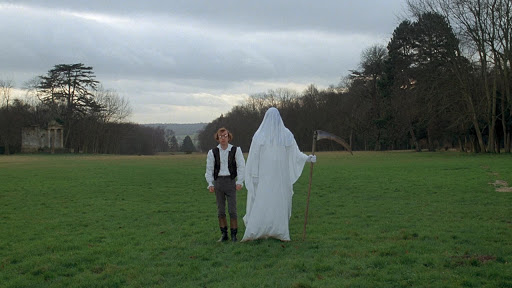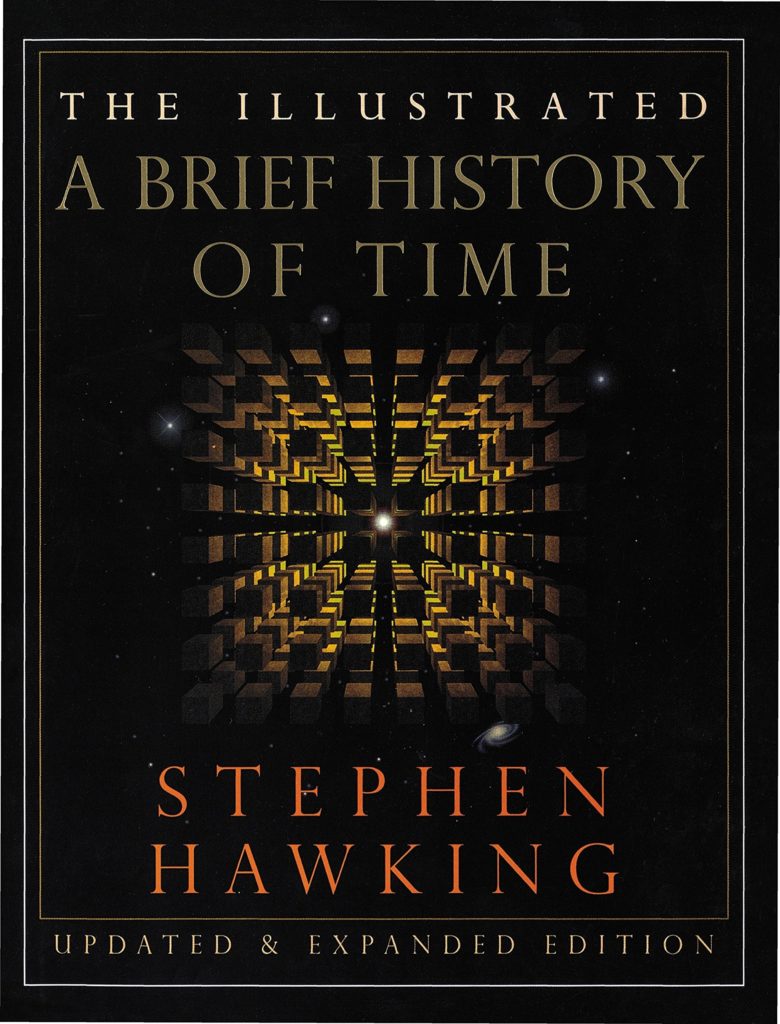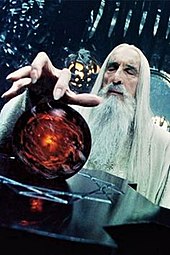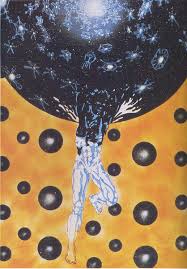Fascinating essay from author Jane Dykema in Electric Literature today about how Grace’s dissasociated behaviors throughout the murder mystery/court drama made her a murder suspect in the eyes of viewers who have internalized dangerous tropes about “unstable” women. There’s a lot to consider here.
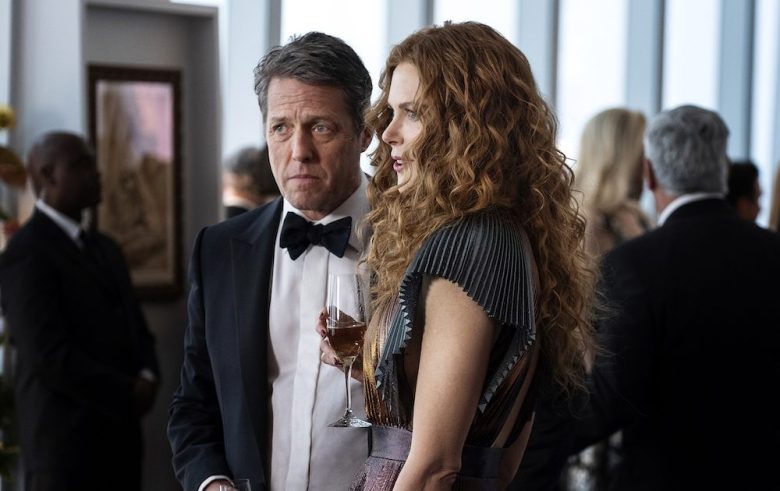
A good portion of HBO’s The Undoing was a murder mystery. A young and exoticized mother has an affair with her son’s oncologist and she turns up dead. The oncologist, who had lost his position at the hospital over the affair and lied to his family about it, then flees the city, only to turn up later to enlist his wife’s help in his criminal defense. The series at that point changes from murder mystery to court room drama and actually seems a bit like its last episodes could have been condensed and slotted into any run of Law and Order.
From what I can tell, folks did not seem universalkly impressed with the series finale, where we learn that, yes, the oncologist is guilty. Dykema’s critique, that Grace (the oncologist’s wife, played by Nicole Kidman) should never have been consideredd much of a suspect by viewers is compelling. She never seemed a murderer, though that might have been an interesting angle.
Another critique I’ve seen is that the victim, Elena, is a seductive latina outsider to the upper west side community that dominates the show’s focus. While you can see the writers trying to turn the series into a critiue of upper crust morality, they wind up turning the crime victim into an after thought and the whole thing becomes Grace’s story. Can Grace, a successful Manhattan therapist also born into fantastic wealth accept that her husband Jonathan is a sociopath and a killer? The practical struggle here is that if she does not, if she decides to persist in the illusion of a perfect marriage to a wonderful man who has devoted his life to curing pediatric cancer patients, that he will get away with the crime. But the justic narrative winds up secondary to her personal journey and we’re really presented with “can Grace find peace with all of this?” This seems a minor issue given that another character has been bludgeoned to death with her sculptor’s hammer.
While I agree with both of these takes, my problem with how the show played out is more fundamental — it seemed like Jonathan was the murderer from episode one. Almost none of the twists and turns thrown in to direct suspicion at any other character can overcome the obvious narrative that Jonathan, after developing a close relationship with the mother of one of his patients, had an affair with Elena. The affair cost him a prestigious and irreplaceable job, so he decided to end it and try to reclaim his old life. Elena, of course, would refuse to be casually discarded and insinuate herself further into his life and at a moment of maximum tension, he kills her.
Seven episodes to get to “he did it,” seemed excessive in retrospect. I craved something more interesting like Grace’s father hated Jonathan and framed him for the crime. But maybe that’s the test of the series — how much do we crave an ending that absolves the otherwise successful white man? Maybe the ending worked out better than I’d thought.
